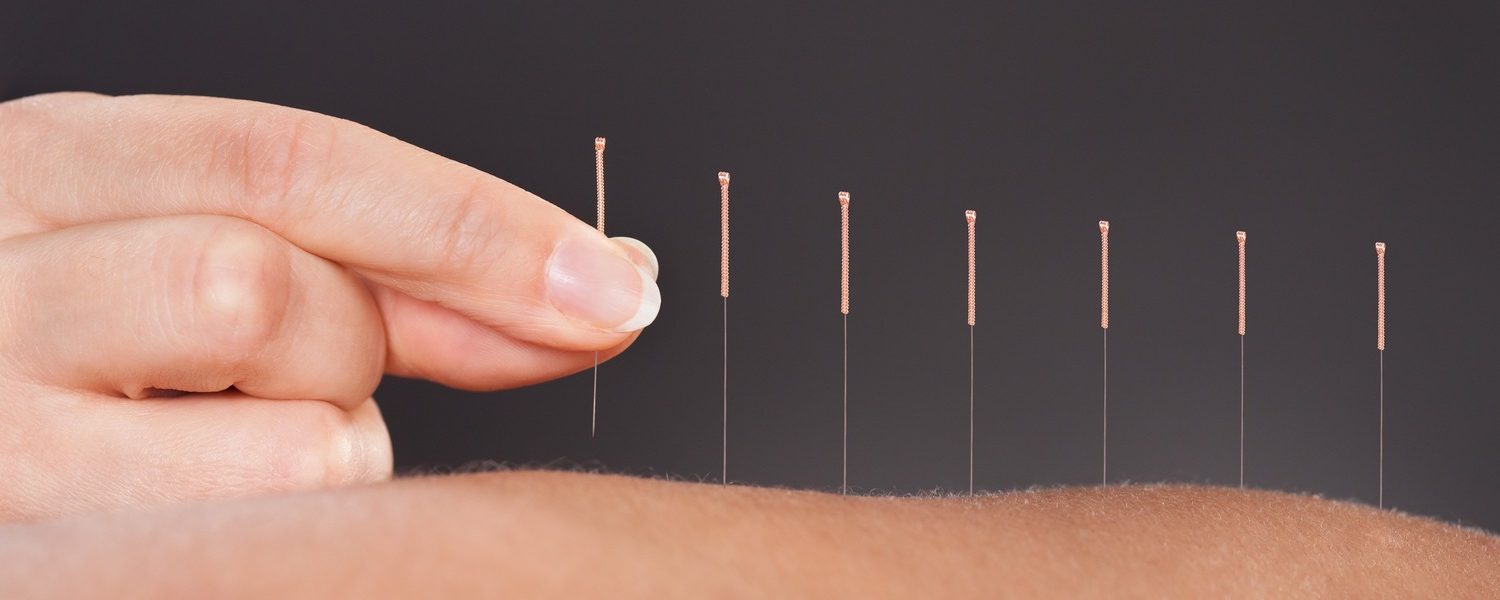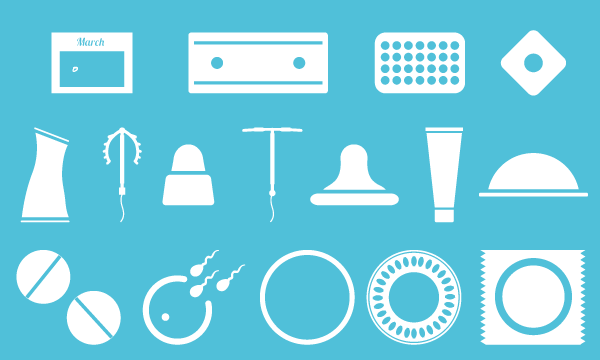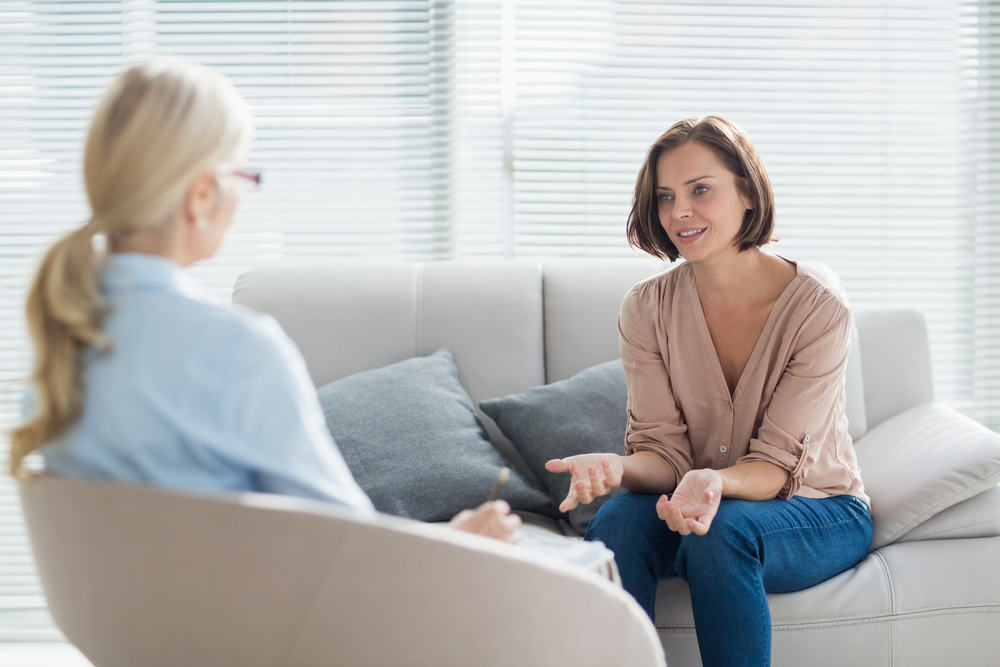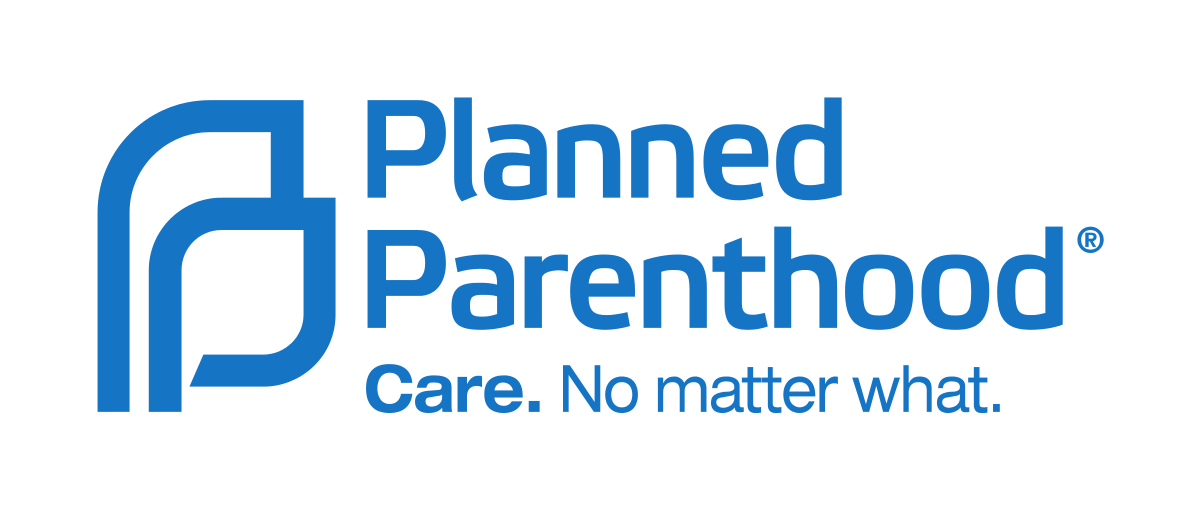Many of us have heard of acupuncture. People often associate it with some highly suspicious treatment during which you are stuck with a bunch of needles. I can’t criticize anybody for having that opinion, though. Not long ago, I shared that opinion. Acupuncture is foolish folk medicine, I said. You can’t expect a couple needles in your body to do anything substantial for you. Right?
A few years ago, I was also involved in an automobile-pedestrian accident. Long story short, I wasn’t able to move my right hand much besides twitching my fingers a few centimeters. That sucked, especially since I’m right-handed. Doctors told me to forget about playing a musical instrument ever again (I loved my violin). Physical therapists referred me to the spoon and told me that I would probably have to give up chopsticks, permanently. I had to either use my left hand or grab onto a spoon with my fist and eat barbarically, since I couldn’t even hold it properly. Similarly, I had to do all my homework by scribbling with a pencil clenched tight in my fist.
To top it off, a hand surgeon told me that unless physical therapy worked, I’d need surgery on my hand, and even then, I might not be able to do much of anything with it. Just as luck would have it, physically therapy didn’t do anything for me. At that point, the doctor gave me a shot in the dark and suggested I try acupuncture. Of course, I didn’t want to. There was no way that sticking needles in my arm could do what so many doctors and therapists could not. Plus, I was deathly afraid of needles, so much so, in fact, that when my family finally dragged me into a clinic, I begged the acupuncturist to give me sleeping pills so that I could sleep through the “operation.”
Lo and behold, my fingers were moving after an hour. After a week, I was playing piano again. In two weeks, I was using pens and chopsticks. It was a miracle. So what really happened?
First, let me make a few things very clear. Acupuncture is not some supernatural medicine that will fix any problem you have. It has nothing to do with energy or the flow of your spirit or any of that junk that makes up Chinese stereotypes. A certain acupuncturist I spoke to believes that acupuncture works through the vascular, nervous, and endocrine systems of the human body.
Again, what happened to me? The answer is: I don’t know, and no one seems to be able to really explain it. The acupuncturist who treated me told me that I had a growth of scar tissue (a keloid, if you want the details) that grew around the nerves in my right arm, squeezing tightly against them so that my brain couldn’t effectively tell my hand what to do anymore. He fixed that problem by using electro-acupuncture and acupressure to decrease the growth as well as the amount of scar tissue in my arm so that signals could get through my nerves to my hand once again.
I won’t say that I don’t care how it worked or that I only care that it did work, because the truth is that I’m extremely curious about how one man managed to achieve what many men with fancy medical degrees and PhD’s could not. I can’t tell you anything more about how it worked either, because the current research in traditional Chinese medicine (which includes acupuncture, acupressure, nutrition, massage, exercise, and herbal medicine) just isn’t at that point yet.
In my opinion, traditional Chinese medicine is a medicine in its own right just like its Western counterpart (including psychiatry, neurology, oncology, etc.), and acupuncture, similar to the medications that doctors prescribe, has the potential to succeed in some cases but will not work in others. More importantly, contrary to osteopathic medicine (what DO’s study) and allopathic medicine (what MD’s study), acupuncture can accomplish things that medical doctors can’t.
Anyway, that’s just my two cents. I can’t say you need to acknowledge the virtue of acupuncture. What I can say is that even though I was just as skeptical as anyone out there, and even though I had a strong fear of needles, I now believe that acupuncture is a viable form of treatment that can succeed where Western medicine has come up short. If you want something a little more concrete than my word, though, check out this list of conditions that the WHO (World Health Organization) says acupuncture can treat, as well as a few other resources at the bottom.
Citations
- Acupuncture: Review and Analysis of Reports on Controlled Clinical Trials by Dr. Xiaorui Zhang from the World Health Organization
- Dao of Chinese Medicine: Understanding an Ancient Healing Art by Donald E. Kendall from Oxford University Press
- Opening the Door to Effective Pain Management for Millions of Americans: Acupuncture from a Neuro-Physiological Perspective by Brendan Armm from the California Journal of Oriental Medicine
Article by Jon Jeng
Feature Image Source: Cupping Resource
























